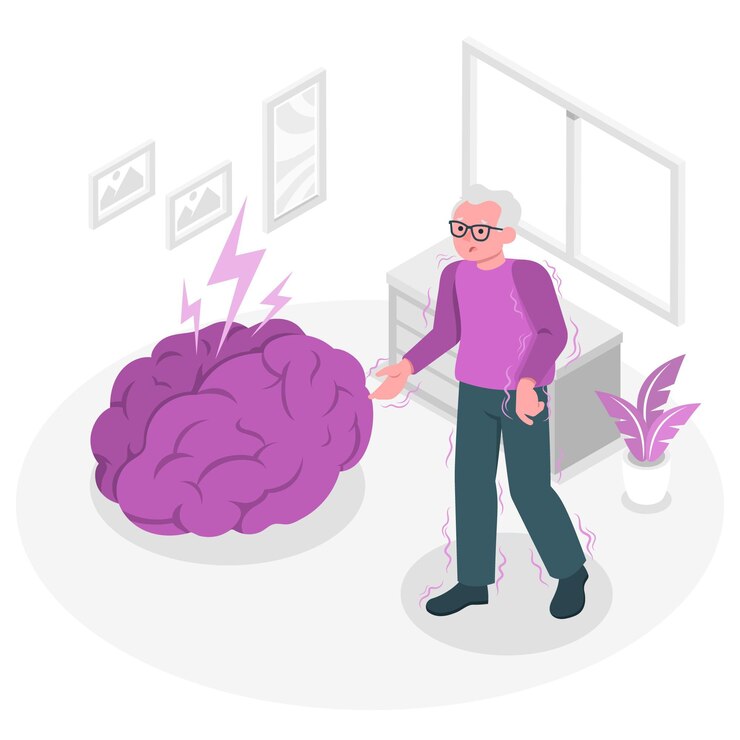
Early Signs and Symptoms of Alzheimer’s Disease: Recognizing Cognitive Decline
Introduction:
Recognizing the early signs and symptoms of Alzheimer’s disease is crucial for early intervention and treatment. Let’s explore the common indicators of cognitive decline in simple terms.
Understanding Alzheimer’s Disease: Alzheimer’s disease is a progressive brain disorder that affects memory, thinking skills, and behavior. Early detection allows for timely intervention and support.
Early Signs and Symptoms:
- Memory Loss:
- Forgetting Recently Learned Information: Difficulty recalling new information or events.
- Repetitive Questions: Asking the same questions repeatedly, often forgetting the answers.
- Misplacing Items: Putting objects in unusual places and struggling to locate them later.
- Difficulty with Tasks:
- Challenges with Planning and Problem-Solving: Difficulty following recipes, managing finances, or completing familiar tasks.
- Confusion with Time or Place: Losing track of dates, seasons, or locations.
- Changes in Thinking and Reasoning:
- Poor Judgment: Making decisions that are out of character or lacking reasoning.
- Difficulty Completing Familiar Tasks: Struggling to complete routine tasks, such as driving or managing finances.
- Trouble Understanding Visual Images: Difficulty interpreting spatial relationships or recognizing objects.
- Mood and Personality Changes:
- Mood Swings: Unexplained changes in mood, such as becoming confused, suspicious, or anxious.
- Withdrawal from Social Activities: Losing interest in hobbies, social activities, or conversations.
Recognizing the early signs and symptoms can help in getting timely support and treatment.
Forgetfulness:
Forgetting recently learned information or important dates and events can be a common early sign of Alzheimer’s. Misplacing items and struggling to retrace steps may also occur.
Difficulty in Problem-Solving: People with Alzheimer’s may have trouble following a familiar recipe or managing finances. They may find it hard to concentrate and take much longer to do things than they did before.
Confusion with Time or Place: Losing track of dates, seasons, and the passage of time is common. They may also forget where they are or how they got there.
Changes in Mood and Personality: Individuals with Alzheimer’s may experience mood swings, becoming confused, suspicious, depressed, fearful, or anxious. They may also become more withdrawn from social activities.
Trouble with Words and Conversations: Struggling to find the right word or calling things by the wrong name can be early signs. They may have difficulty following or joining a conversation and may stop in the middle of a conversation, unable to continue.
Difficulty Completing Familiar Tasks: People with Alzheimer’s may have trouble completing daily tasks that they’ve done their whole life, like driving to a familiar place or remembering the rules of a favorite game.
Conclusion:
Recognizing these early signs and symptoms of Alzheimer’s disease can help in seeking appropriate medical advice and support. Early diagnosis allows for better management of symptoms and improved quality of life.
To seek medical advice, always consult a Doctor. Here are our recommended experts. Click here
To read more on Neurological Disorders. Click Here



